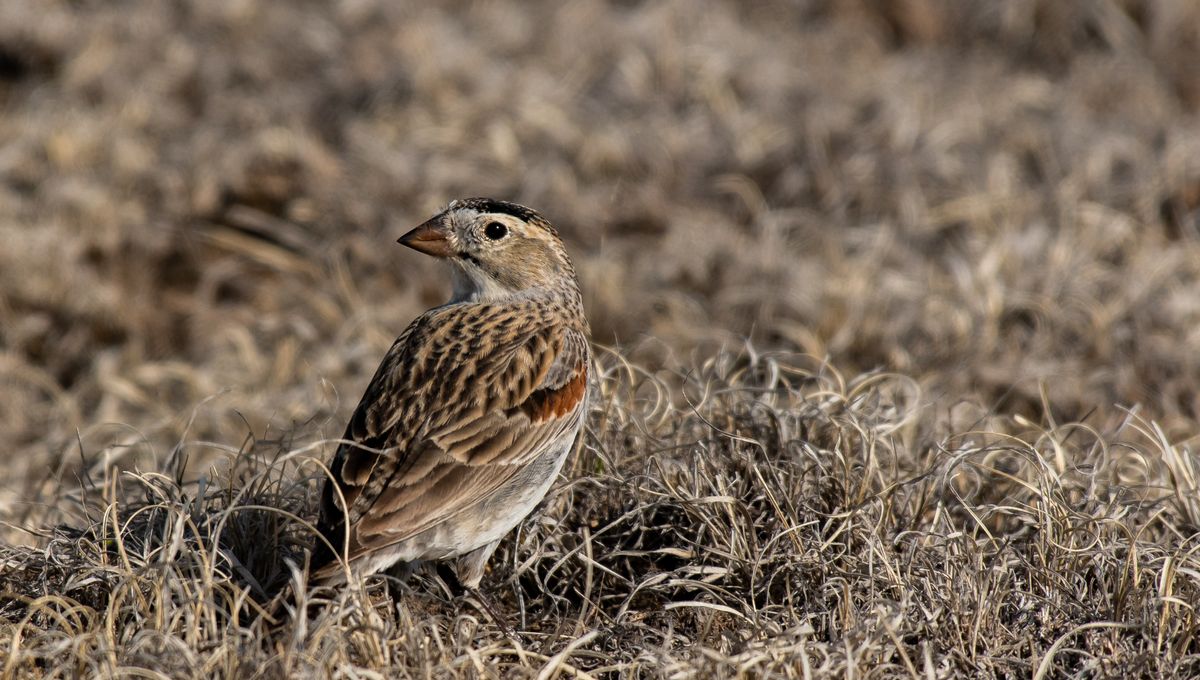
The American Ornithological Society (AOS) has announced that birds named directly after people will have their English names changed, with the eponym elimination effort starting with a pilot program in 2024 with a focus on 70-80 species found mostly in the United States and Canada. How English bird names are selected will also be changed, and the organization has committed to broader conversations before changing the names of Latin American birds.
“As scientists, we work to eliminate bias in science. But there has been historic bias in how birds are named, and who might have a bird named in their honor,” AOS Executive Director and CEO Dr Judith Scarl said in a statement. “Exclusionary naming conventions developed in the 1800s, clouded by racism and misogyny, don’t work for us today, and the time has come for us to transform this process and redirect the focus to the birds, where it belongs.”
“I am proud to be part of this new vision and am excited to work in partnership with a broad array of experts and bird lovers in creating an inclusive naming structure,” Scarl continued.
The AOS clarified that two-part scientific names will not be changed as part of this initiative, “but they are regularly reviewed and updated by the AOS’s North American and South American classification committees in response to new scientific research and following the naming rules of the International Commission on Zoological Nomenclature.”
“Most of the species recommended for name changes will continue to carry the eponym in their scientific names,” explains the final report by the Ad Hoc English Bird Names Committee
The report gives several reasons for this decision. First, although “The initial view of several committee members was that each eponym should be examined on an individual basis”, a case-by-case approach to renaming was found to be difficult to deal with.
“On its surface, the selective approach seemed like a methodical one. However, in envisioning exactly how each step would be realistically and equitably accomplished, we felt that developing a workflow to decide who is ‘worthy’ of having their names preserved would likely lead this endeavor into extremely fraught debates,” the report reads.
“Because of the existence of these multiple narratives, we recommend that the AOS, as a multinational organization that recognizes the strength of diversity to achieve its mission, avoid becoming ‘morality police’, the act of which inherently weighs some narratives and histories to count more than others.”
The report also notes that eponymous names are “poor descriptors” of birds. Names more relevant to traits of the bird convey more information, and “would give the additional opportunity to introduce more evocative and informative descriptions of the birds themselves.”
“The intent of these recommendations is not to strip away honors for the sake of doing so,” the report explains. “We recognize that many individuals featured in species’ names made extremely important ornithological contributions,” however, the use of honorifics reflects a long history of exclusion in who can participate in science.
The committee also stated that more suitable alternative methods to commemorate those who have contributed to the field of ornithology are available, for example, “their influence and work can be read in the many publications they produced.”
“Eponyms, bestowed as honors and awards to specific people, not only ignore and conceal attributes of birds, they imply ownership or possession of an entire species by one human,” the report explains.
“There is power in a name, and some English bird names have associations with the past that continue to be exclusionary and harmful today. We need a much more inclusive and engaging scientific process that focuses attention on the unique features and beauty of the birds themselves,” said AOS President Dr Colleen Handel.
“Everyone who loves and cares about birds should be able to enjoy and study them freely – and birds need our help now more than ever.”
Source Link: Why Dozens Of Birds In The US Are Getting New Names